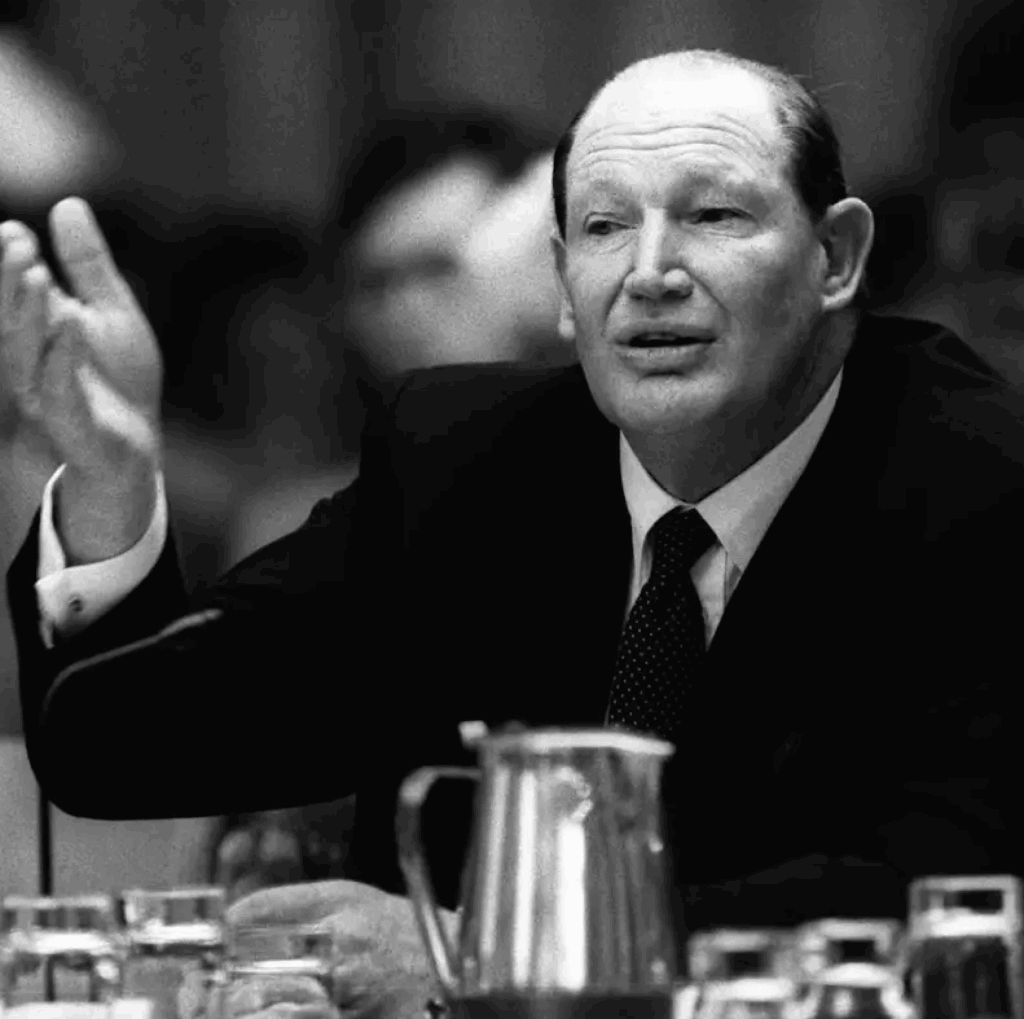Do you earn over $45,000 per annum? If so, did you know that you are paying 32 cents tax, including the Medicare levy, for every dollar that you earn over $45,000 per annum, which essentially equates to one-third of your earnings going in income tax.
If you are earning more than $135,000 per annum, you are paying 39 cents in the dollar on your earnings over $135,000 per annum. This means your earnings on Monday and Tuesday go to the taxman, and Wednesday, Thursday, and Friday is for yourself. In addition, when you spend your earnings, you will be pay 10% GST on most purchases.
Below is a list of a some of the strategies that we consider for clients that are in the high tax bracket.
- if you are married and your spouse is in a lower tax bracket than yourself, consider placing investments in your spouse’s name.
- if you have children approaching age 18, depending on your circumstances, you might consider establishing a structure such as a family trust.
- if both yourself and your spouse are in a high tax bracket then you may consider establishing an investment company,
- if you are working and you are over age 65 you may consider maximising and transferring funds, where permitted, into your superannuation fund.
- Where you and your spouse are both in high tax bracket you might consider investing in high growth assets such as high growth shares that pay little or no income or dividends and delaying the sale of those investments, and the corresponding capital gain, to a period when you are not earning income or your taxable income is significantly less than present.
- Where you require an income stream you might consider taking advantage of companies which pay fully franked dividends as opposed to those investments which pay interest.
- Depending on your age, you can consider a gearing strategy, but remember, I know that it may sound obvious, but many investors do not consider how and when they will pay off the debt. Inevitably many investors are forced to hold onto the property and retain the debt or forced to sell the property to discharge the debt, which wasn’t their initial intention.
High-income earners are generally time poor, leaving them little time for planning their investment and taxation strategy and even less time for implementation. This can result in them not legally minimising their tax.
At Quinn Financial Planning we are both tax accountants and financial planners we are in a unique position to help our client with both their financial planning and tax planning needs.
Should you require further information in relation tax planning, please feel free to contact Peter Quinn by submitting an enquiry or calling us on +61 2 9580 9166 to book an obligation-free appointment.
The information in this document does not take into account your personal objectives, financial situation, or needs, so you should consider its appropriateness having regard to these factors before acting on it. It is important that your personal circumstances are taken into account before making any financial decision and it is recommended that you seek assistance from your financial adviser.

